So, you’ve got a plumbing problem lurking in your pipes, and your first thought is, “How much is this going to cost?” Relax, we’ve all been there. Navigating the murky waters of plumber pricing can leave you feeling more stressed than a leaky faucet. But fear not, intrepid homeowner! This guide will equip you with the knowledge to tackle those plumbing blues and budget accordingly.
The Hourly Rate Maze:
- Standard Rates: Most plumbers charge an hourly rate, typically ranging from $45 to $150 per hour. This can vary depending on experience, location, and even the day of the week. Weekend or emergency callouts usually come with a premium.
- Call-Out Fees: Prepare for an additional $50 to $200 call-out fee, covering travel and initial diagnostics. Think of it as a consultation charge.
- Minimum Service Fees: Some plumbers have a minimum service fee, ensuring they’re compensated even for brief visits. Be aware of this when scheduling!
Flat Rate vs. Time and Materials:
- Flat Rate: For smaller jobs like fixing a faucet or unclogging a drain, some plumbers offer a fixed price, saving you the hourly rate guessing game. However, complex jobs may not have flat rate options.
- Time and Materials: This method involves paying for the plumber’s time and the cost of any materials used. While potentially cheaper for simple fixes, major repairs can snowball into larger bills.
Beyond the Numbers:
- Experience Matters: Seasoned plumbers may charge more, but their expertise can save you time and money in the long run. Don’t shy away from asking about qualifications and experience.
- Get Quotes: Always compare quotes from several plumbers before committing. Be upfront about the issue and get a breakdown of potential costs.
- Insurance and Licensing: Ensure your plumber is licensed and insured. This protects you from liability in case of accidents or faulty work.
Remember:
- The cheapest plumber isn’t always the best. Quality work and professional service are worth the investment.
- Communication is key. Discuss your budget upfront and be clear about the scope of the project.
- Ask questions! A good plumber should be happy to explain their pricing and process.
Bonus Tip: Consider preventative maintenance like drain cleaning and annual water heater inspections to avoid costly emergencies down the line.
With this knowledge, you can approach that plumbing problem with confidence, knowing you’re equipped to tackle the pricing mysteries and ensure smooth sailing in your pipes (and your wallet).
